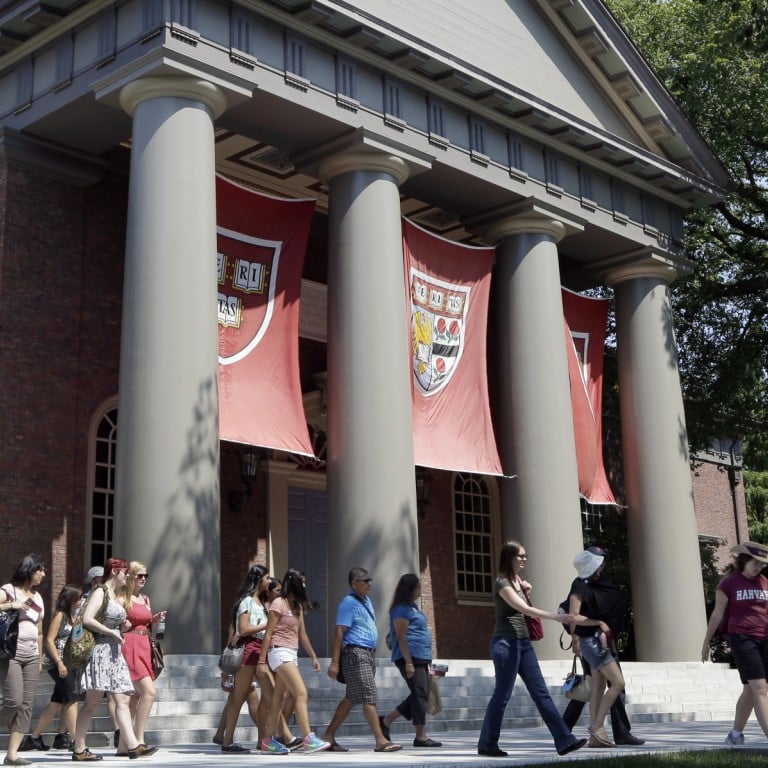
Harvard Law failed to protect students from sexual assault, report finds
Harvard Law School did not do enough to protect students from sexual assault and sexual harassment, an investigation by the US Department of Education found.
The results of the investigation released on Tuesday highlighted two reports of sexual assault. In one, a student was not allowed to participate in her alleged attacker’s appeal, a process that took more than a year and led to a reversal of the findings against him.
The school was also found to have used what the federal government considers to be an outdated standard of proof. Until July, Harvard Law School required that accusers prove by a “clear and convincing” standard that the attack took place. That standard requires a 75 per cent chance the student was attacked.
As part of an agreement with the Department of Education, Harvard Law has agreed to lower that standard to a 50.1% chance the attack took place, called a “preponderance of the evidence” standard.
“I am very pleased to bring to close one of our longest-running sexual violence investigations, and I congratulate Harvard Law School for now committing to comply with Title IX and immediately implement steps to provide a safe learning environment for its students,” said Department of Education assistant secretary Catherine Lhamon.
The finding comes after months of investigation into the centuries-old Ivy League school. The changes, which are university wide, take effect in the 2014-15 academic year. They do not resolve a separate investigation by the department.
The agreement between regulators and the law school required a number of other provisions be put into place, including implementing a new climate survey, training staff and informing victims of their rights when reporting sexual harassment or assault.
The changes do not come without controversy. Recently, 28 Harvard law professors penned an opinion piece in the Boston Globe, calling the new standards “inconsistent with the finest traditions of Harvard University” and saying they were imposed by the federal government.
“Harvard has adopted procedures for deciding cases of alleged sexual misconduct which lack the most basic elements of fairness and due process, are overwhelmingly stacked against the accused, and are in no way required by Title IX law or regulation,” the professors wrote in the October op-ed.
Before the changes, victims of sexual assault said the school’s outdated policy and untrained staff deterred them from reporting at all.
“Our policy is so outdated and narrow in scope that it discourages survivors from entering an investigative process in the first place,” wrote a student in an open letter in the Harvard Crimson in March. “The current review of the College’s sexual assault policy is a step in the right direction. But there is much left to be done to make sure student voices are heard.”
Dozens of Title IX investigations have been initiated by the Department of Education in the last few years, stemming from a new interpretation of a 1972 education law amendment. “Title IX” refers to a provision of the amendment that protects against gender discrimination. Initially, that law was interpreted as protecting students and faculty, predominantly women, from sexual harassment.
But in 2011, the Department of Education laid out a modern interpretation of the amendment which is now known within education circles as the “Dear Colleague” letter. That letter required schools to rethink standards for sexual harassment and assault investigations. Many dropped the clear and convincing evidence standard in favour of a preponderance standard.
Much of the Department of Education’s ability to wield regulatory might is linked to student aid. If schools do not do enough to correct an environment the department views as discriminatory, they risk endangering student aid, such as federal loans and grants, monies which make up a huge chunk of schools’ revenue.
